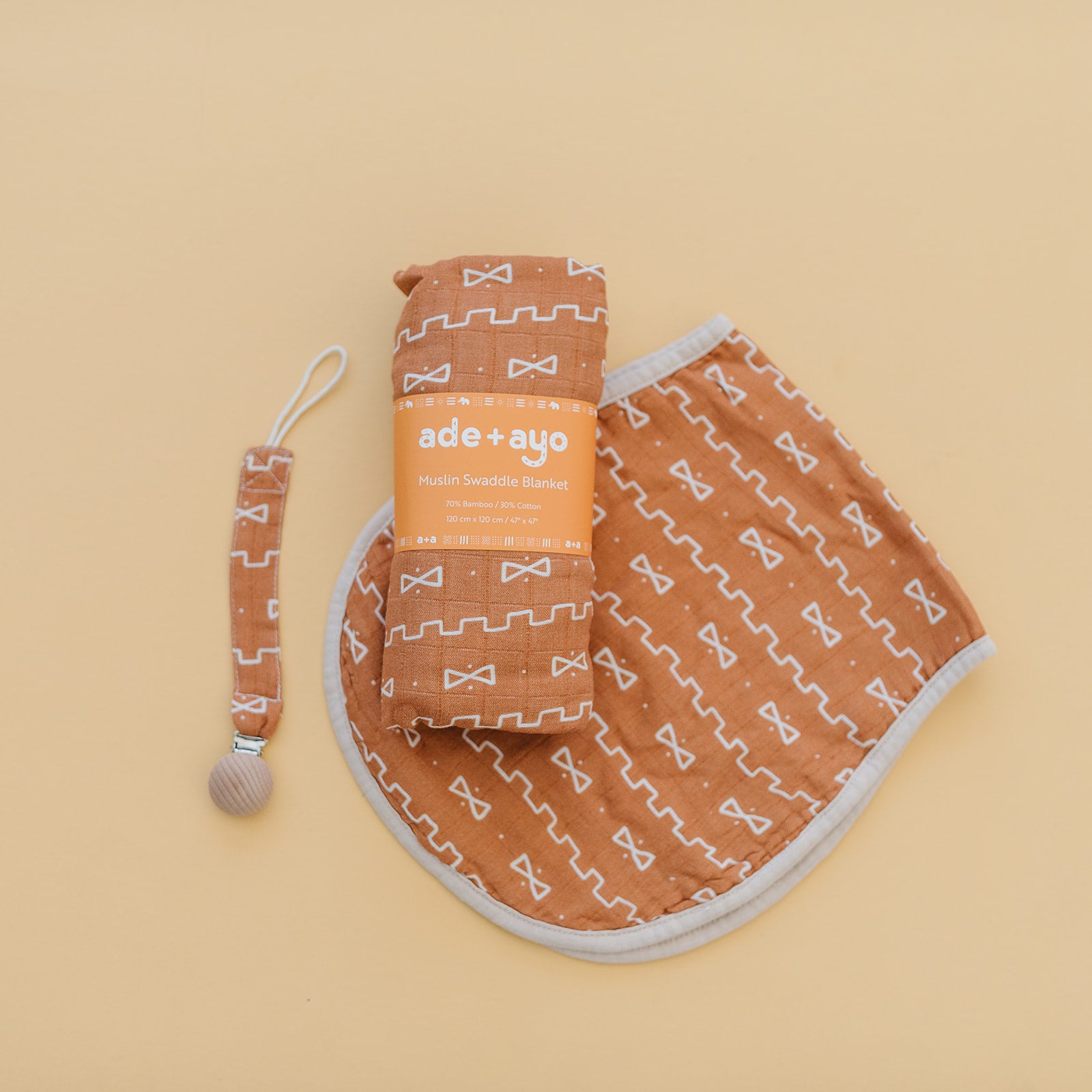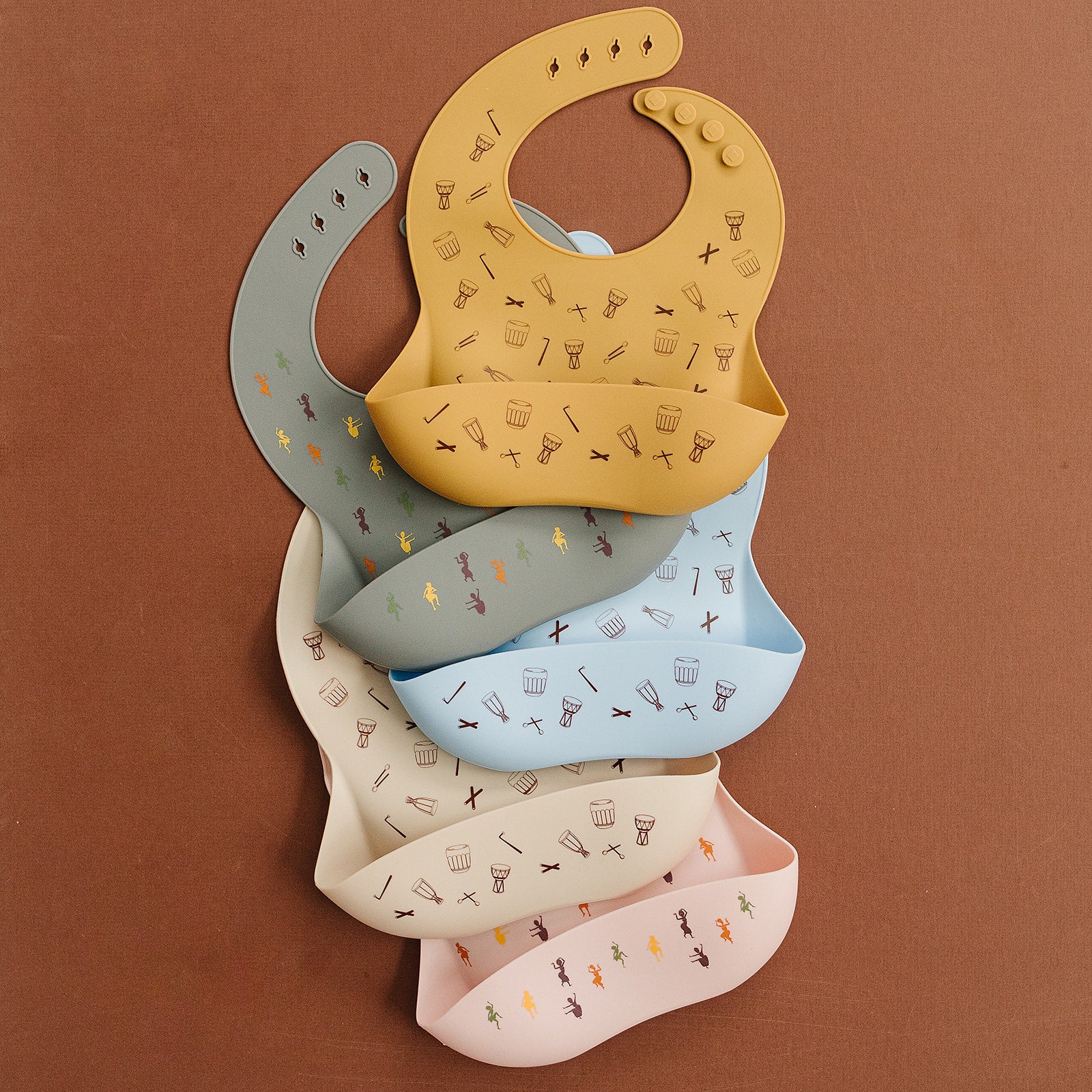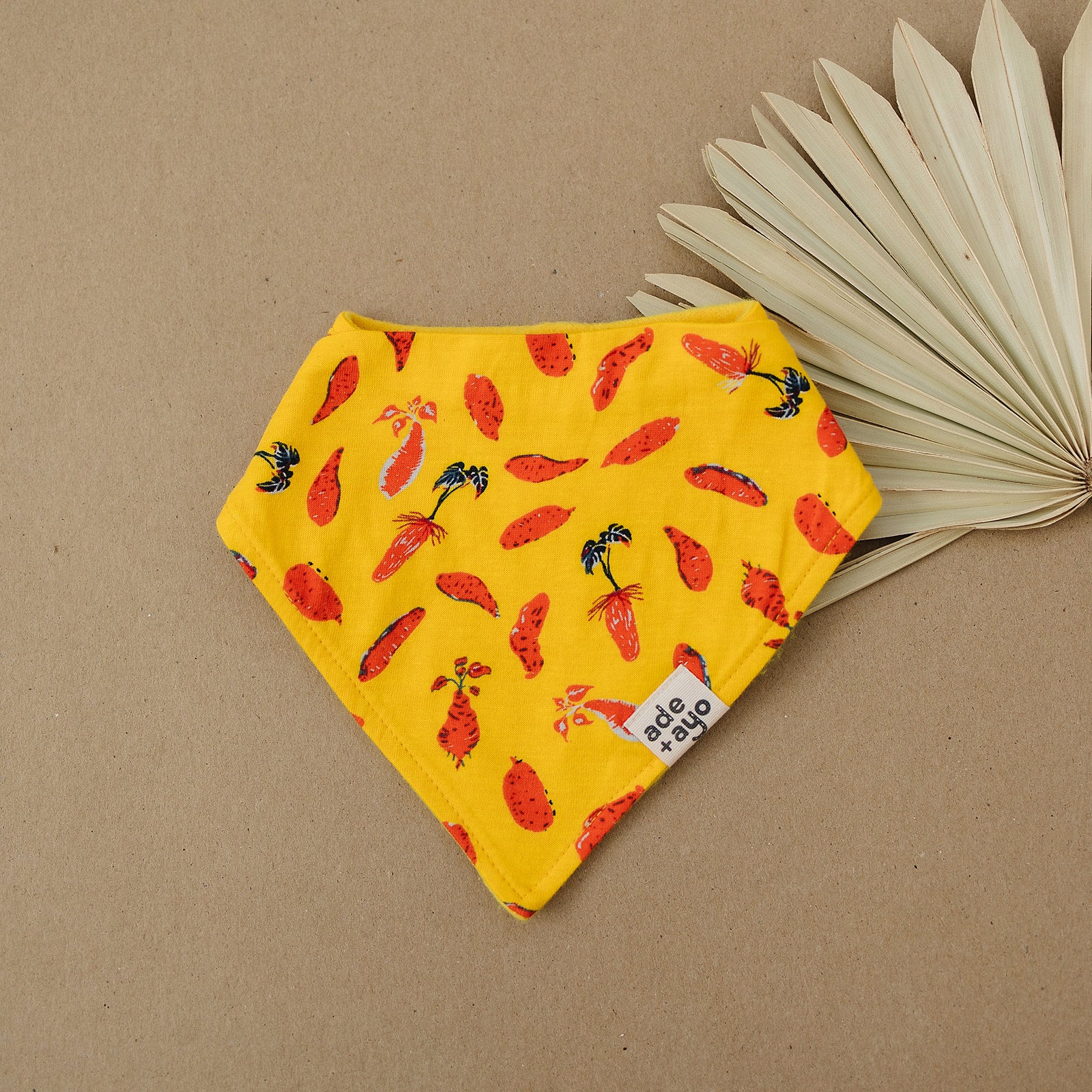The Best Resources for Teaching African Languages to Your Kids: Fun, Interactive Tools that Celebrate Culture and Heritage
When it comes to teaching children about their African heritage and culture, there are few things as important as giving them access to learn the basics of African languages. Learning languages has been shown to promote healthy development and cognitive benefits that last a lifetime, not just in children but also for adults! As a parent or caregiver -- you can still get involved with education around world cultures by teaching kids how much more there truly is out there beyond their own culture's boundaries (and vocabulary).
Here, we've compiled some of the best resources for interactive African language learning that will make the process fun and engaging for your child. With tools that celebrate culture and tradition, they'll be eager to learn more!

KOLI & OLUM "My First Words" Books and Flashcards

KOLI & OLUM is dedicated to introducing African languages to children at an early age. Their “My First Words” series contains engaging colors and vibrant images of everyday items that young children will recognize.
"We are giving children the opportunity to learn about African languages and culture at an early age. As they read in these books with pictures on each page for instance -word associations will form which helps them become more ingrained into reading comprehension skills." - the KOLI & OLUM team
KOLI & OLUM have promised to continue adding new languages as they grow, but for now they offer Yoruba (Nigeria), Twi (Ghana), Swahili (with its origins in East Africa, Swahili speakers now spread over 14 countries), Igbo (southeastern Nigeria), Edo (southern Nigeria), Hausa (one of Africa's most commonly spoken languages after Arabic, French, English, Portuguese, and Swahili), and Amharic (Ethiopia).
The Mandla App

Sadly, many languages of Africa are rapidly disappearing, and some may be gone by the end of this century. However, Wenitte Apiou, the founder of the Mandla app, believes that Mandla can help preserve these lost arts for future generations. Their one-of-a-kind app, Mandla, enables users to learn languages and use them in their daily lives, all through a state-of-the-art interactive learning app.
The name Mandla comes from the word “Amandla” or power which was used as a rallying cry during apartheid-era oppression within South Africa when people were fighting for freedom against white minority rule.
The developers behind this innovative new tech solution have created it with one goal: give all humans access to learning African languages without discrimination based on age group; no matter what region they are coming form. Their first step towards achieving these goals involved developing 10 different international courses aimed at kids aged 3 years old up until adulthood so everyone has somewhere where he/she can go to learn. (That being said, this app is best utilized for young children when there is an adult to assist)
The app itself is beautiful, user friendly, and best of all, free!
Digital Dialects

This language tool is specific to learning Swahili, a language that is spoken in Tanzania, Kenya, Uganda, Rwanda, Burundi, the Democratic Republic of the Congo (DRC), South Sudan, Somalia, Mozambique, Malawi, Zambia, Comoros, and as far as Oman and Yemen in the Middle East. Needless to say, it's a great place to start with exploring African languages.
Upon entering the website, you can explore categories like numbers, animals, vocabulary building, and more through interactive learning games. The easy HTML5-based activities may be completed on both mobile and desktop, making them convenient for learning no matter where you are.
Why is Learning a Second Language, Young, Important?
The brain of a bilingual child functions differently than the brains in monolingual children, and this difference provides several advantages to those who speak more than one language. Researchers have found that while studying them, they discovered some interesting information on how different languages are processed by our minds which can lead us towards cognitive development over time!
Allows children to better grasp correct pronunciation
Learning a second or foreign language before teenage years can help your child achieve native-like pronunciation. When children hear words with different meanings spoken in an unfamiliar tone, they must distinguish between sounds and recognize how these elements work together to form meaning on the fly—a skill that later helps those who speak more than one natural tongue fluently!
Increased understanding of the child's own first language
Studies have also found that learning another language can help students better understand English grammar and sentence structure. Bilingual children are often more aware of their own first languages than monolingual ones, which is why they're able to grasp visual materials such as books or magazines more easily with pictures on each page!
Expands worldview and ability to connect cross-culturally
Further, while the benefits of bilingualism are numerous, one that stands out is how it can promote cross-cultural communication. When children grow up speaking more than just their native tongue, they have access to a world filled with new experiences and perspectives because every person around them speaks something different! This diverse environment helps kids appreciate other cultures while also helping them understand their own better by comparison.
Makes the world a better, more inclusive, place
In our increasingly diverse society, it is imperative that we develop ways of interacting with people from different backgrounds. As put by Kathleen Marcos* “Society as a whole also profits economically when its citizens can communicate and appreciate those who hail from other countries or cultures." (Kathleen is an information associate at the ERIC Clearinghouse on Languages and Linguistics) A world in which every individual has been given the opportunity to learn about other cultures through their own language will be an infinitely more interesting place for future generations!
African heritage is something to be celebrated, and what better way to do that than by helping children learn about their language roots? The tools we've shared are designed to make the process of learning African languages fun and engaging, and we hope that you’ll consider using them in your own homes or classrooms. Here at Ade + Ayo, we are proud to offer KOLI & OLUM learning tools alongside our collection of products. And don't forget, by following us on Instagram and joining our email list, you'll save 15% off your first order!

















